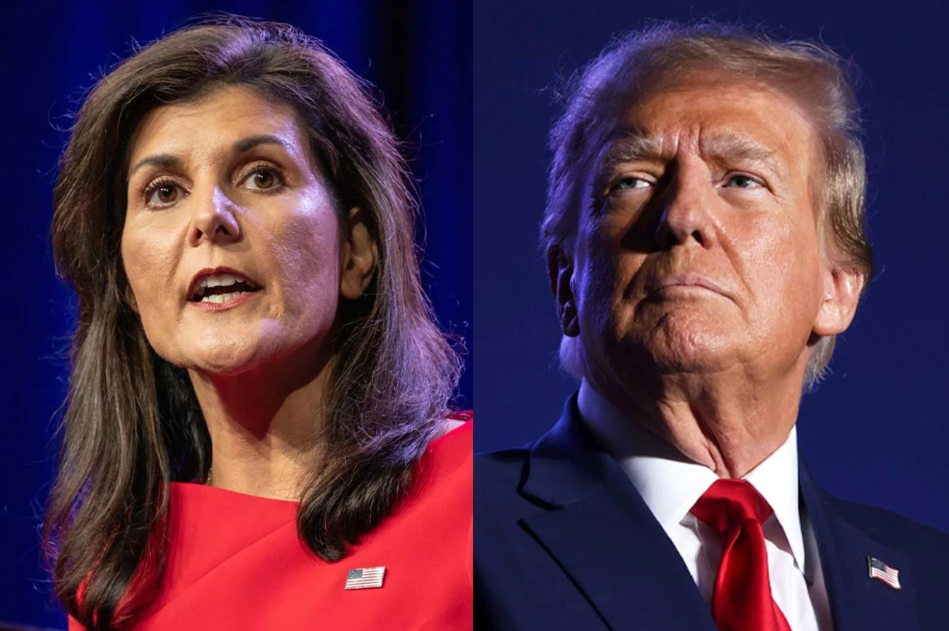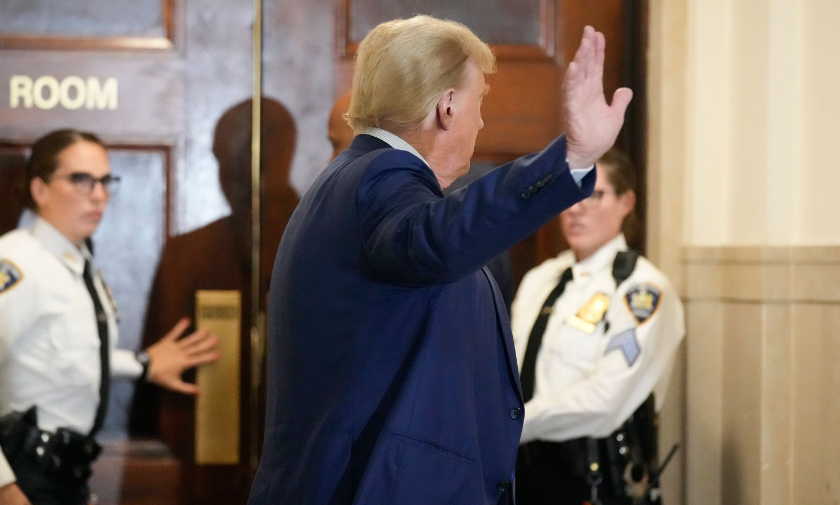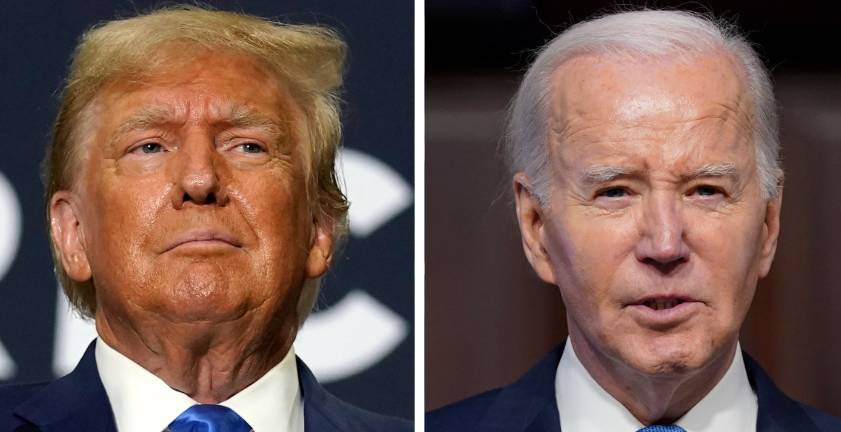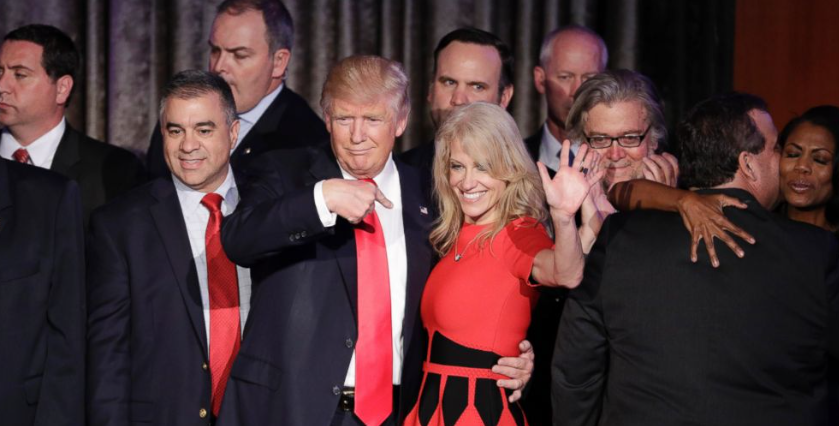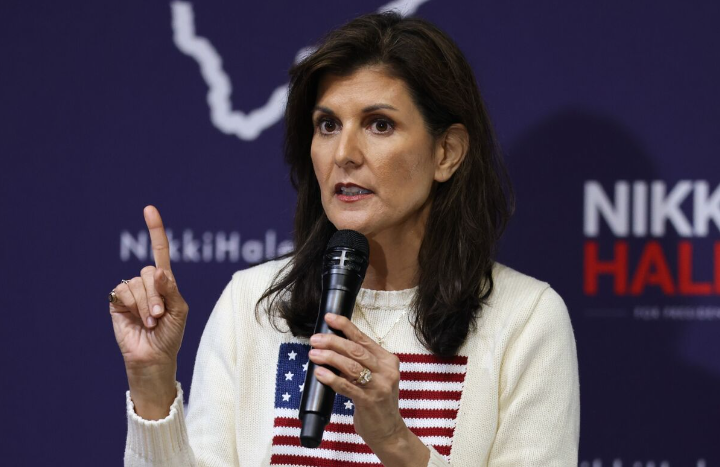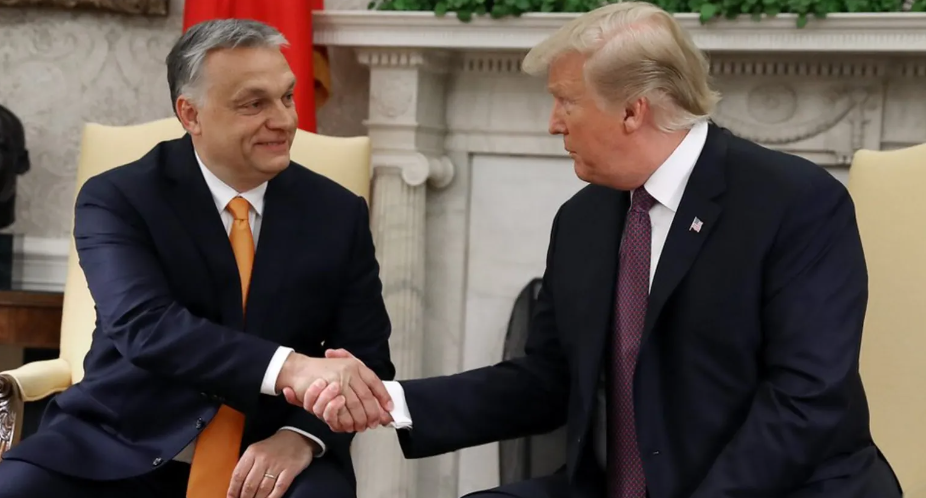In what feels like the latest episode of “America’s Constitutional Adventures,” the Supreme Court recently took center stage with a ruling that has everyone talking, and it’s not about what’s on Netflix. The high court, in a decision that felt more like a season finale cliffhanger, said “Nope” to the idea of states playing bouncer at the electoral club and deciding who can or cannot be on the ballot. Specifically, they tackled whether former President Donald Trump could be disqualified from the ballot for his role in the Jan. 6 Capitol melee.
The gist of it? The Supreme Court, in a move that had legal buffs on the edge of their seats, unanimously decided that Colorado couldn’t just erase Trump from the ballot because of the 14th Amendment. Now, for those of us who aren’t constitutional scholars (and who prefer our amendments served with a side of plain English), the 14th Amendment was this post-Civil War rule aimed at keeping former Confederates from holding office. The court’s saying, “Hey, let’s not stretch this to cover Trump and Jan. 6,” is kind of a big deal.
Why? Well, for starters, it shows the Supreme Court being the adult in the room, reminding everyone that there are rules to this game. They’re like the referee making a call that might not please everyone but keeps the game fair. This decision landed right before Super Tuesday, adding a sprinkle of drama to an already spicy primary season. And let’s be honest, in the world of politics, timing is everything.
What’s really got people talking, though, is how all nine justices — from the ones appointed by Democrats to the ones by Republicans — all agreed on this. In today’s polarized world, that’s like seeing a cat and dog running a three-legged race and winning. Justice Amy Coney Barrett and a trio of others even penned their thoughts, emphasizing the court’s “let’s stick to the issue at hand” approach.
This ruling isn’t just about Trump or the 2024 election; it’s a masterclass in Constitutional Law 101. It’s the Supreme Court saying, “Hey, there’s a way to do things around here.” They’re drawing a line in the sand about who gets to decide what when it comes to running for federal office. And spoiler alert: it’s not a job for the states. This decision keeps the electoral playing field the same no matter where in the U.S. you are, maintaining a sense of national unity in the process.
Now, all eyes are turning to the next big showdown at the Supreme Court: Trump’s “Get Out of Jail Free” card claim regarding immunity for actions taken while in office. If the court’s recent unity is anything to go by, we might see them once again taking a stand that could shape how we view presidential accountability for generations.
This isn’t just about Trump or any single election; it’s about reinforcing the message that in America’s democracy, there are checks and balances, and no one — not even a former president — is above the law. It’s a reminder of the Supreme Court’s critical role in not just interpreting the Constitution, but in ensuring it remains a living, breathing guide that keeps the country’s democratic principles on track.
So, as we digest this latest chapter in America’s ongoing constitutional saga, let’s remember the real winners here: the principles of democracy, the rule of law, and the idea that, in this country, justice isn’t just a word in the dictionary. It’s the foundation of how we decide who gets to lead us. And if that’s not worth a round of applause, I don’t know what is.

